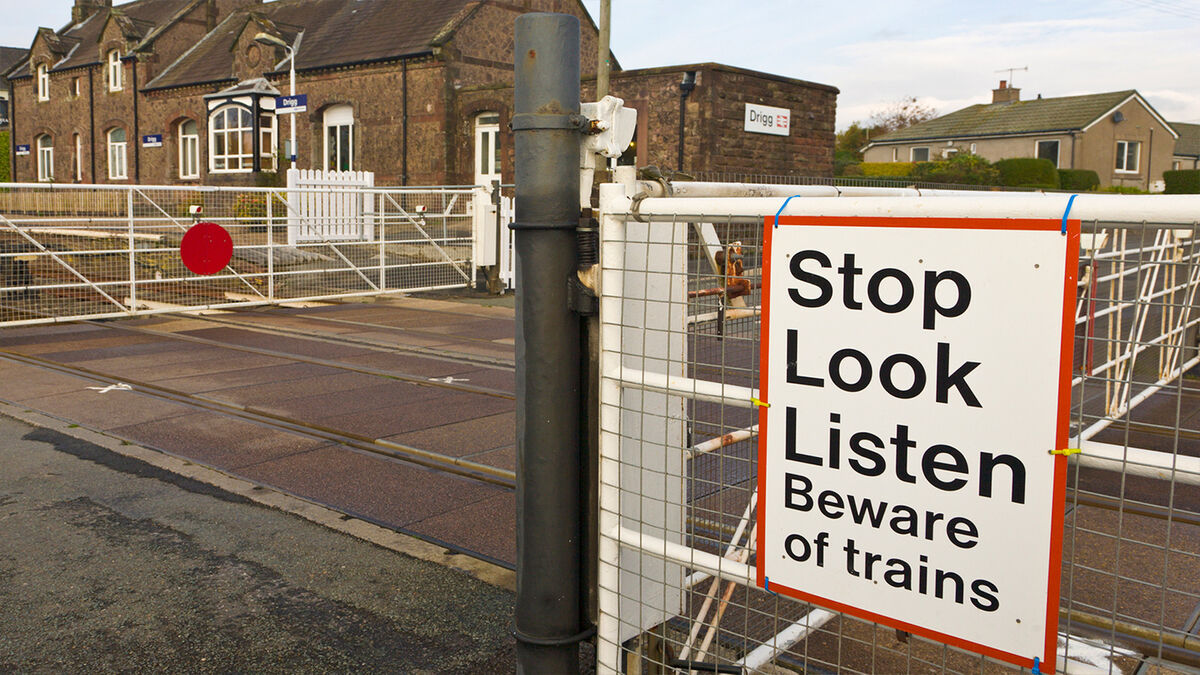
The purpose of written communication is to capture your reader’s attention and get your point across clearly. Ultimately, when you communicate in writing, you are helping the reader understand your perspective on a topic. There are certain qualities all effective written communication shares, and if you add these elements to your writing, your work will be more powerful.
Importance of Effective Written Communication
In some ways, effective written communication is even more important than spoken communication. Unless it is being recorded, regular speech does not last. However, written communication is a record, and people may refer back to it later. This means that in addition to creating a connection with your audience, you need to consider the lasting impact of what you write. Think about how it will be perceived by your audience initially, as well as the impact it will leave.
The Five Cs of Effective Written Communication
Good written communication depends on the audience, the topic, your purpose in communicating, and other factors. However, all effective written communication has some characteristics in common:
- Connection - Good written communication forms a connection between the reader and the writer.
- Clarity - Effective written communication is clear and easy to understand.
- Cause - The cause or reason for writing needs to be clear to both the writer and the reader, including any specific actions you need from your audience.
- Conciseness - Good written communication sticks to the point and doesn’t meander around or include lots of extraneous information.
- Correctness - To be effective, the written communication should use the correct tone, inoffensive language, and appropriate grammar.
How to Make Your Writing Communicate Effectively
Effective writing allows the reader to thoroughly understand everything you are saying. This is not always easy to do. Here are a few tips that will help you:
1. Know Your Goal and State It Clearly
Do you want the reader to do something for you, or are you merely passing along information? Do you want a response from the reader, or do you want him to take action? Effective written communication has a clear purpose, and that purpose is communicated to the reader. Explain in clear terms what you want the reader to do.
2. Use the Correct Tone for Your Purpose
Tone can help your writing be more effective. Certain forms of communication, like memorandums and proposals, need a formal tone. Writing to someone you know well would need a more informal tone. The kind of tone depends on the audience and purpose of the writing.
3. Keep Language Simple
Do not overuse clichés, jargon, and expressions or try to impress with big words. This can make the reader work harder, and you want to make it easy to understand what you’re saying.
4. Stay on Topic and Keep It Concise
Effective written communication stays on topic. Avoid information that is not relevant. Clarity is key. Less is more when it comes to length. Keep sentences and paragraphs short and concise, since long, complicated sentences will slow the reader down. Leave out words that do not contribute to the main focus of the communication.
5. Use Active Voice
Using an active voice will strengthen your writing. It’s easier to understand sentences that are written in the active voice. An active example is "I caught the ball," and a passive example is "The ball was caught by me." Active voice will engage the reader and keep his or her attention.
6. Have Someone Proofread Your Writing
Good grammar and punctuation are very important. It is a good idea to have someone else proofread your writing before you send it. If you cannot do that, then try reading it out loud.
Practice Different Types of Written Communication
There are many types of written communication, including emails, memos, business letters, blogs and websites, press releases and more. Practice writing a variety of documents to improve your written communication skills. Like anything else, becoming a great writer takes practice.